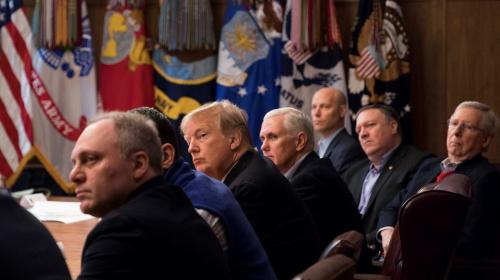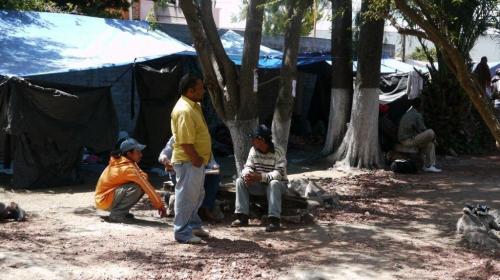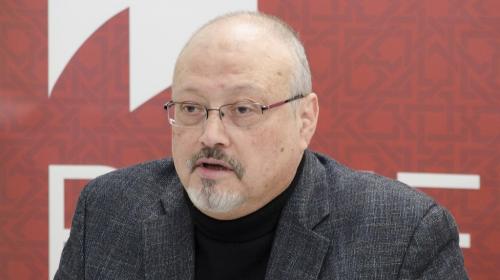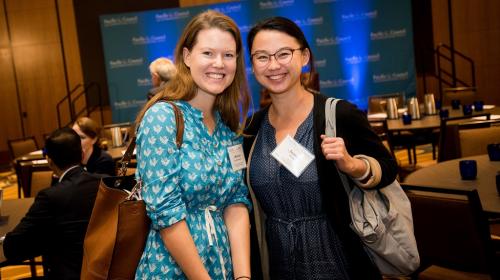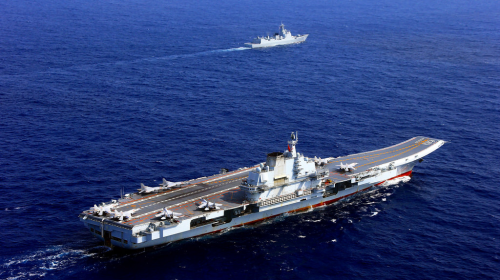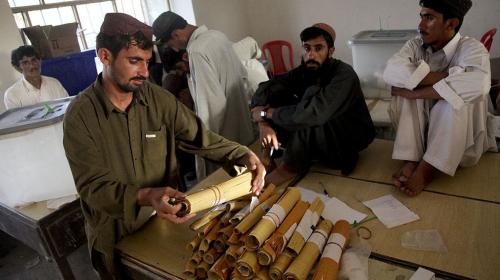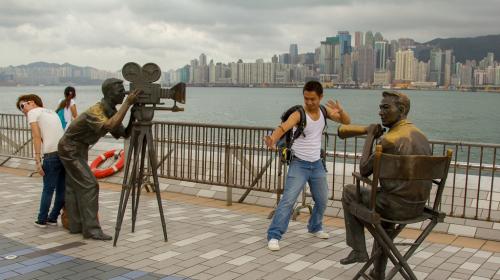My hope is that my ideological odyssey will inspire others—that I can be part of a larger, bipartisan movement in America toward greater moderation and civility in our politics, writes Max Boot.
The international community should create appropriate rules and regulations for space mining and exploration, writes Robert Garcia.
Chinese actress Fan Bingbing's alleged tax evasion triggered a film industry crisis in China, writes Meijun Li.
This week, Honduran migrants head to the United States; the Trump administration speaks out about alleged Khashoggi murder; Japan unveils plan for foreign workers; and more.
This week, a Saudi journalist disappears after entering the Saudi Embassy in Istanbul; U.S. envoy to Afghanistan travels to Pakistan for peace talks; French and Italian leaders vow to save Europe; and more.
The real bottom line for nonprofit organizations should be social impact, not money, writes Jennifer Faust.
During a discussion with Pacific Council members on September 20, Dr. James Tong of UCLA dissected the complicated U.S.-China relationship underlying disputes over the South China Sea.
This week, Afghanistan faces election violence; the United States, Canada, and Mexico reach a trade deal; the United States indicts Russian officials for cyber attacks; and more.
China has been strengthening its soft power through a strategy of promoting patriotic films, giving importance to domestic voices rather than international opinion, writes Dongyao Nie.
Despite years of work, clear signs of improvement in the corrupt culture of Mongolia's education sector are yet to be seen, but educators and activists say these anticorruption efforts must continue to ensure long-term success, writes Bayanmunkh Ariunbold.


